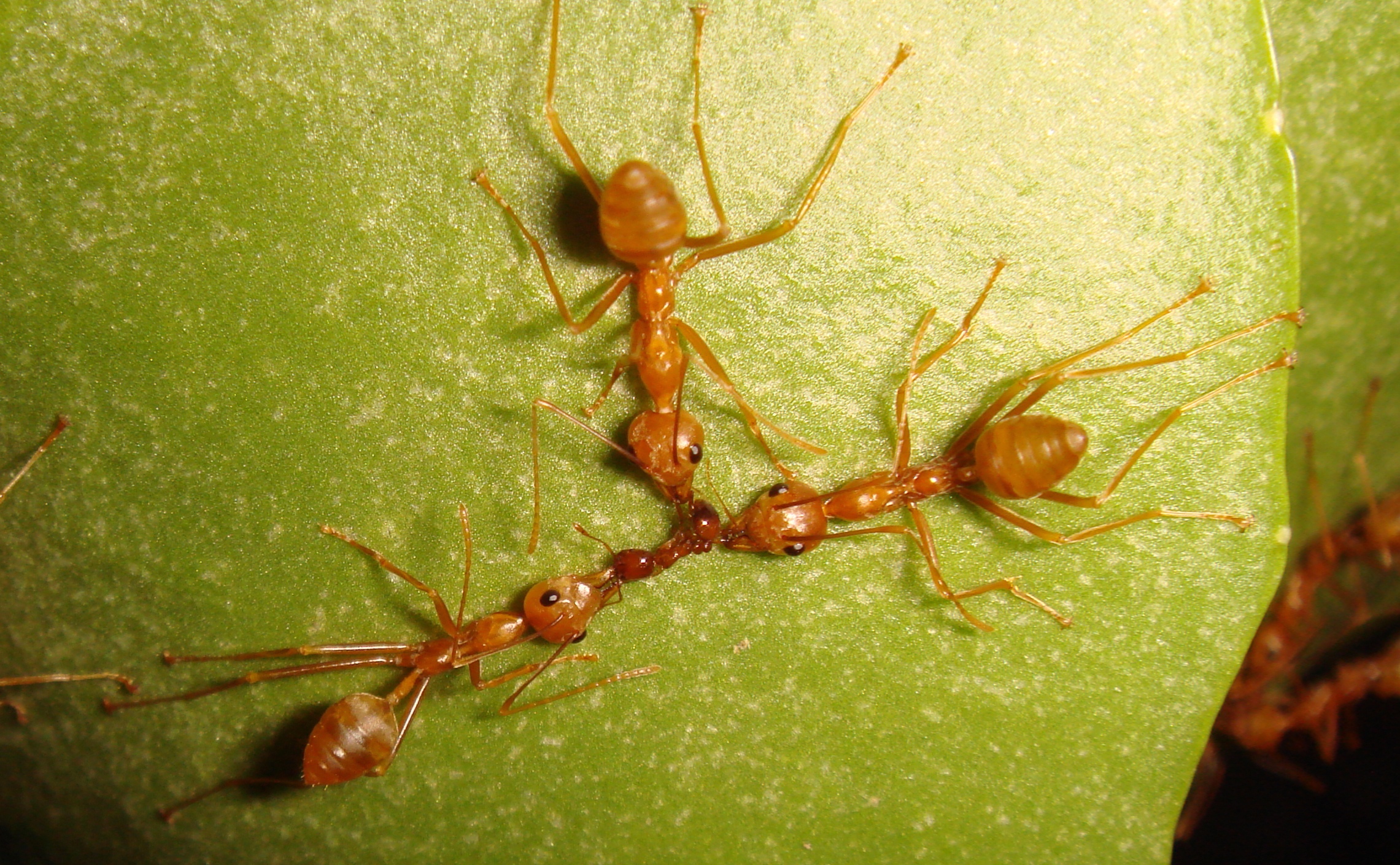We reach more than 65,000 registered users in Dec!! Register Now

Parasitic ant may have evolved from its own host, at home
- August 26, 2014
- 1288 Views
- 0 Likes
- 0 Comment
A group of parasitic ants seem to have evolved into a separate species from the very ants that they freeload on, without ever leaving the colony, a study has found. If confirmed, the phenomenon would be not only bizarre, but also a challenge to traditional versions of evolutionary theory, which hold ...
They also concluded that the parasitic ants were no longer reproductively compatible with the host ants-making them a unique species-and had stopped reproducing with their host 37,000 years ago-a short time in evolutionary terms.
The researchers said they found a big clue by comparing the ants' genes, both in the cell's nucleus and in mitochondria, or energy-producing compartments in cells. Genes are made of units called nucleotides. Rabeling found that the sequencing of those nucleotides in the mitochondria is beginning to look different from what is found in the host ants, but that the genes in the nucleus still have traces of the relationship between host and parasite, leading him to conclude that M. castrator has begun to evolve away from its host.
But Rabeling said that the findings are not yet confirmed because not all the genes have been sequenced; that work is in progress.
The parasitic ants need to be discreet because freeloading is a big no-no in ant society, the scientists explained. Offenders have been known to be killed by ant mobs. As a result, the parasitic queen of the new species has evolved into a smaller size, making her hard to tell apart from a regular ant. And whereas host queens mate in an aerial ceremony while flying in rainy weather, the parasitic queens mate discreetly in the nest. This means the two groups can't sexually interact.
Source : world-science.net
Â
Cite This Article as
No tags found for this post









